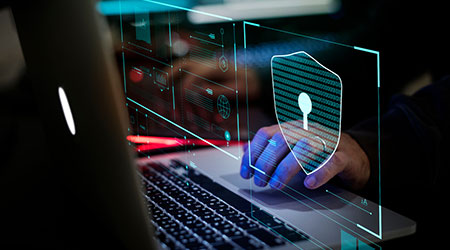The COVID-19 outbreak has led to a series of rapidly established medical-treatment units which will be using remote-care devices that lack proper protection, according to an article on the Healthcare IT News website.
The facilities are often remote and security is often a lower priority.
Hackers can infiltrate these devices to steal a patient's personal health information.
Healthcare organizations can increase security by making sure software is updated and fully patched and enabling two-factor authentication for every account that has access to the pop-up center's system. Because ransomware and phishing attacks are the most common types of cyberattacks on healthcare systems, ensuring the system is backed up offline is recommended.
There has been a significant increase in ransomware attempts against organizations responding to the pandemic, according to an article on the Built in website.
The pandemic pushed hospital staff that were able to work remotely — departments like vendor support and administration — into the home office. Healthcare cybersecurity experts usually urge keeping as much activity inside the firewall of the facility as possible.
Read the full Healthcare IT News article.

 Healthcare and Resilience: A Pledge for Change
Healthcare and Resilience: A Pledge for Change Texas Health Resources Announces New Hospital for North McKinney
Texas Health Resources Announces New Hospital for North McKinney Cedar Point Health Falls Victim to Data Breach
Cedar Point Health Falls Victim to Data Breach Fire Protection in Healthcare: Why Active and Passive Systems Must Work as One
Fire Protection in Healthcare: Why Active and Passive Systems Must Work as One Cleveland Clinic Hits Key Milestones for Palm Beach County Expansion
Cleveland Clinic Hits Key Milestones for Palm Beach County Expansion